|
ISIR Consulting contributed to the Mid Term Review (MTR) of the Joint Police Programme (JPP), assisted in collecting and analyzing data, provided Somali language and cultural guidance, supported the DCAF’s International Security Sector Advisory Team (ISSAT) by carrying out key informant interviews with Police officials of the federal government of Somalia (FGS) and federal member states (FMS), stakeholders, community members, and other organizations involved in the JPP Somalia in the area. DCAF -; Geneva Centre for Security Sector Governance contracted ISIR Consulting to assist in conducting a Mid Term Review (MTR) to support the implementation of the EU, UKAID, UK FCO, German Federal Foreign Office funded Joint Police Programme (JPP).
The Mid Term Review had the following objectives: The MTR will look at the progress in implementation of the JPP as of the mid-term period, and generate actionable recommendations to improve the design and performance of the JPP for the remaining period. The core objectives of the MTR are as follows; • Review the relevance and appropriateness of the current JPP programme design and recommend changes to ensure continued relevance and appropriateness • Establish current progress towards achievement of JPP results and identify changes needed to ensure the JPP is on track to achieve intended results • Assess the quality of JPP management and delivery and recommend changes to improve this • Review the JPP’s approach to sustainability and recommend changes to strengthen JPPs approach. ISIR Consulting: An Expert Contributor to the Benchmarking Infrastructure Development 202028/11/2020
Benchmarking Infrastructure Development is a World Bank Group report that annually assesses the quality of regulatory frameworks worldwide to develop large infrastructure projects, benchmarking them with internationally recognized good practices.
ISIR Consulting provided technical inputs into the Benchmarking Infrastructure Development 2020 –Somalia. Abdirashid Salah, founder of ISIR Consulting has been noted as an expert contributor to the report further cementing the firm’s professional commitment in improving the Public-Private Partnerships (PPP) provisions in Somalia and beyond. Building on previous reports in the series, Benchmarking Infrastructure Development 2020 assesses public-private partnership (PPP) regulatory frameworks in 140 economies, expanding coverage to include a pilot assessment of 40 economies’ use of traditional public investment for infrastructure development. Appropriate, effective regulatory frameworks and institutional capacity are crucial for ensuring that investments in infrastructure are carried out strategically and efficiently. A supportive regulatory framework also reduces the costs and risks of carrying out individual projects, which provides the private sector with a more predictable and safe environment to invest. With 189 member countries and offices in over 130 locations, the World Bank Group, one of the world’s largest sources of funding and knowledge for developing countries. Its five institutions (IBRD —The International Bank for Reconstruction and Development; IDA – The International Development Association; IFC — The International Finance Corporation; MIGA — The Multilateral Investment Guarantee Agency; ICSID — The International Centre for Settlement of Investment Disputes) work for sustainable solutions that reduce poverty and build shared prosperity in developing countries. Further details, methodological information, and the complete dataset is available online at the project’s website: http://bpp.worldbank.org. Read the Somali survey here: https://bpp.worldbank.org/economy/SOM?survey=PPP Location: Mogadishu
Duration: 12 months with possibility of extension Closing Date: December 11, 2020 About ISIR Consulting ISIR Consulting is an independent consultancy based in Somalia, offering a wide variety of technical and management consulting services to a broad range of clients both in the public and private sectors. Our specialties include, but are not limited to, stakeholder analysis, and mapping, capacity development, third party monitoring & evaluation, recruitment (RPO), infrastructure & development practice, security risk management, and business advisory solutions. General Position Summary The M&E, Reporting Officer will lead monitoring and evaluations program activities for ISIR Consulting programs. The M&E and Reporting Officer will work on the design of evaluation and monitoring tools to measure program progress, goals achievement, and will inform findings to the Program Manager regularly. M&E and Reporting Officer will support programmatic activities through regular oversight and coordination of all reporting, and proposal development when needed. S/he will prepare high quality and timely emergency response client reports. S/he will assist the Director with other reporting activities including: responding to information requests, writing success stories, and monitoring and reporting on program impact. S/he will coordinate with partners , government and other NGOs as required by the Director and Program Manager and will attend key coordination meetings and prepare internal reports on those meetings. Responsibilities
Monitoring and Evaluation
Program Support
Communications & Representation
Coordination and Stakeholders Use efficient and timely communication/information exchange to support effective operational decisions. Knowledge and Experience
Equal Employment Opportunity ISIR Consulting is an equal opportunity employer that does not tolerate discrimination on any basis. We actively seek out diverse perspectives and skills so that we can be collectively stronger and have sustained impact. Success Factors The successful Monitoring & Evaluation and Reporting Officer will demonstrate the ability to multitask, meet deadlines and process information in support of changing program activities with a high level of accuracy and integrity - in line with ISIR Consulting standards. Interested and qualified candidates are requested to submit online applications only according to the following procedure:
Post Title: Project Officer
Reports to: Project Manager Duty Station: Mogadishu Contract Duration: 12 months Closing Date: 11/25/2020 About ISIR Consulting ISIR Consulting is an independent consultancy based in Somalia, offering a wide variety of technical and management consulting services to a broad range of clients both in the public and private sectors. Our specialties include, but are not limited to, stakeholder analysis, and mapping, capacity development, third party monitoring & evaluation, recruitment (RPO), infrastructure & development practice, security risk management, and business advisory solutions. Key Responsibilities • Identify projects following the ISIR Consulting's and donors’ project management policies, standards and guidelines. • Measure the effectiveness of all processes (budget, operations, and management, etc.) • Vets and verifies the project ideas based on agreed upon criteria. • Prepare concept notes. • Prepare project management plan, Implement, monitor and evaluate the project. • Assist the program manager to prepare project activity report when required. • Undertake any project related responsibilities requested by the Project Manager. Skills & Competencies • Bachelor’s degree in administration, project planning and management. Alternatively a combination of relevant education and professional experience, preferably five years of professional experience in project management, preferably with international NGOs. • Ability to work under pressure and handle concurrent activities simultaneously. • Strong inter-personal skills and ability to work within and build a team environment, ability to provide both detailed and strategic analysis and negotiation skills, ability to work effectively and harmoniously within a diverse work environment. • Strong computer skills. • A thorough knowledge of written and spoken English and Somali is required. Equal Employment Opportunity ISIR Consulting is an equal opportunity employer that does not tolerate discrimination on any basis. We actively seek out diverse perspectives and skills so that we can be collectively stronger and have sustained impact. Interested and qualified candidates are requested to submit online applications only according to the following procedure: • An updated CV; and an application letter which should include contact information for at least three work-related referees. • Hand delivered applications will no longer be accepted. • Applications that do not meet the above requirements will be disregarded • Only shortlisted candidates will be contacted. • If you are interested in this role, please send your CV and Cover Letter to recruitment [email protected] by November 25. As the COVID-19 pandemic continues to rattle the world, I would like to take a moment to re-affirm our commitment to the safety and wellbeing of our staff, clients, families, and the communities in which we live and work.
Our team is closely monitoring advice issued from both the World Health Organization and local authorities daily. We will continue to take all necessary actions to protect our employees and their families, and we will continue working with our clients to minimize the impact on their operations. Experience has shown that when affected people have been an integral part of planning and decision-making on humanitarian and development activities, and when they know what to expect in terms of assistance, they tend to provide feedback if they are aware of interference. Diversion by armed groups, local authorities or by those linked to them is far more difficult when communities know what assistance, they should be expecting and when there are channels that allow them to provide feedback safely and reliably. In these strange times, when simply being outside is considered a risk, knowing that frontline staff are there in the field, day and night, is an enormous source of pride for us all. It serves as a testament to the levels of courage, resolve and resilience within our ISIR Consulting family. We're in this together and we stand ready to help during COVID-19. Thank you! Abdirashid Salah On 19th August 2019, we celebrate the World Humanitarian Day by saluting the Somali women working in the humanitarian sector, and we also honor the humanitarian workers who risk, and sometimes lose, their lives to help.
This World Humanitarian Day, the UN and partners are launching the #WomenHumanitarians global campaign to pay special tribute to and raise support for the work women do to save lives and alleviate human suffering. About the World Humanitarian Day In 2008, the United Nations General Assembly designated 19 August as World Humanitarian Day to raise awareness about humanitarian assistance worldwide and to pay tribute to the people who risk their lives to provide it. This was in honor of the 22 people, seven of whom were women, who lost their lives in the 2013 attack on the Canal hotel in Baghdad, Iraq, including the Secretary-General’s Special Representative for Iraq, Sergio Vieira de Mello. Key issues
Below-average rains across most of Somalia during the 2018 Deyr (October-December), followed by harsh weather conditions during the dry Jilaal (January–March 2019) season and the poor performance of the Gu’ (January-June 2019) rains in April, has led to worsening drought conditions in many parts of the country, according to the latest update by FAO-led Food Security and Nutrition Analysis Unit (FSNAU) and FEWSNET. This has caused deterioration in pasture availability and widespread water shortages in most pastoral and agropastoral livelihood zones, leading to earlier-than-normal water trucking, atypical livestock movements to watering points, and declines in livestock body conditions and milk production. The worst-affected areas include Northern Inland Pastoral (NIP), East Golis Pastoral, Addun Pastoral and Hawd Pastoral livelihood zones. In these areas, severe pasture and water deficits and early water trucking have been reported. The harsh Jilaal has also affected rural livelihoods in southern Somalia including Bay/Bakool Agropastoral and Southern Agropastoral of Hiraan, although the impact is less severe compared to central and northern regions. Limited saleable livestock assets, poor livestock body conditions, reduced access to milk, increased household expenditures on the rising cost of food and water, and overstretched social support networks have led to reduced food access. Become familiar with a range of processes and tools for mitigating the environmental impact of reconstruction project or program.
Good resource governance can protect people’s property rights, provide basic services, help establish reliable state security, and boost sustainable economic. Courtesy of the United Nations Environment programme. Every day, we challenge ourselves to make an impact that matters. We look forward to making an impact, together, in 2019 and beyond.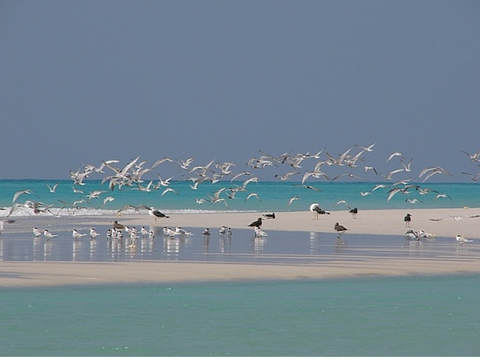 Berbera, Somaliland Berbera, Somaliland Somalia is situated in the most eastern tip of Africa known as the “Horn of Africa. “It has been the Gateway to Africa for business and trade for millennia. Somalia’s unique geographic location makes it a dynamic meeting place, where East meets West and North melts into South. Somalia is bordered by its historic trading partners; Kenya in the South-west, Ethiopia in the North-west and Djibouti and the Red Sea to the North. The vast Indian Ocean waves meet Somalia’s long coastline to the East and South. Somalia’s wondrous equatorial forest is seamlessly joined by the white sand beaches of the Indian Ocean as one travels toward the South of the country. With a landmass of 637,000 Sq km and the longest coastline in all of Africa, Somalia is more than twice the size of Italy, but with less than one-third of the latter’s population. Somalia has turned the corner from recent turmoil and is ready to resume its historical role as the Gateway and Business Centre of Africa and the Indian Ocean, and the Red Sea corridor. Somalia has nearly 2,000 miles of coastland, giving it an ideal vantage point of all trade that passes from the Western Hemisphere to the Eastern Hemisphere through the Indian Ocean. Shipping cargo goes from the Mediterranean through the Suez Canal into the Red Sea, where it must then pass through the Strait of Bab-el-Man-deb before it can enter the Gulf of Aden and the Indian Ocean. The people Somalia’s population of over 12.3 million people and two million Diaspora living across the globe are a homogeneous society that shares a common ethnicity, religion, and language. The Somalis traditional way of life is mainly nomadic pastoralism, although there are sedentary communities in the riverine and inter-riverine. The Somali have systematically stretched their mercantile culture to their neighbors. Today’s multilingual descendants of their pastoralist and farmer forefathers have continued the business tradition and are now Telecom Operators, Logistics and Supply siders, Multi-Lingual and Multiculturalists, and Farmers and Livestock traders. Over 70 per cent of the Somali population is under 35, with most of them having attained advanced academic and vocational education and training. They are multi-skilled and ready for all manner of employment opportunities. Somalia is now ready to share its abundant opportunities with your investment dollars. Over 2 million global citizens Somalia is a country of entrepreneurs with over 2 million Diaspora members living across the world. The active Diaspora, in partnership with local firms, communities and individuals, are spearheading the economic recovery of the country with the expertise, skills, experience and capital they acquired in their time abroad. International research shows that a majority in this group intend to return to Somalia to invest. For this, they require modern banking, housing, education, infrastructure, technological and professional service support to make long-term investments more profitable. This is a great opportunity for Investors to enter into partnership with this influential and successful group driving forward change and prosperity in Somalia. A growing economy According to the World Bank. As of September 13, 2018 - Somalia’s economy is projected to grow at an annual rate of 3–4 percent, according to the third Somalia Economic Update (SEU) published by the World Bank. Titled “Rapid Growth in Mobile Money: Stability or Vulnerability?” the SEU assesses Somalia’s vibrant mobile money market, and provides concrete recommendations for introducing mobile money regulation that can boost a secure system for widespread financial inclusion. The social impact of investment Investing in a country recovering from conflict will reduce the chances of it returning to war, so any funds placed in the country can have a huge social and political impact. Early investors in a post conflict country will encounter fewer competitors and will gain the so called first mover advantage. A small amount of finance can go a long way in Somalia, thanks to relatively low costs and the country’s relative poverty. |
ISIR ConsultingWe offer a wide range of services to clients in helping tackle, and address transition and development dilemmas, turning challenges into opportunities and engaging local communities to develop homegrown solutions to threats and challenges. Archives
December 2021
Categories |
Isir Consulting | All Rights Reserved | Designed by DreamBuilders Website Design

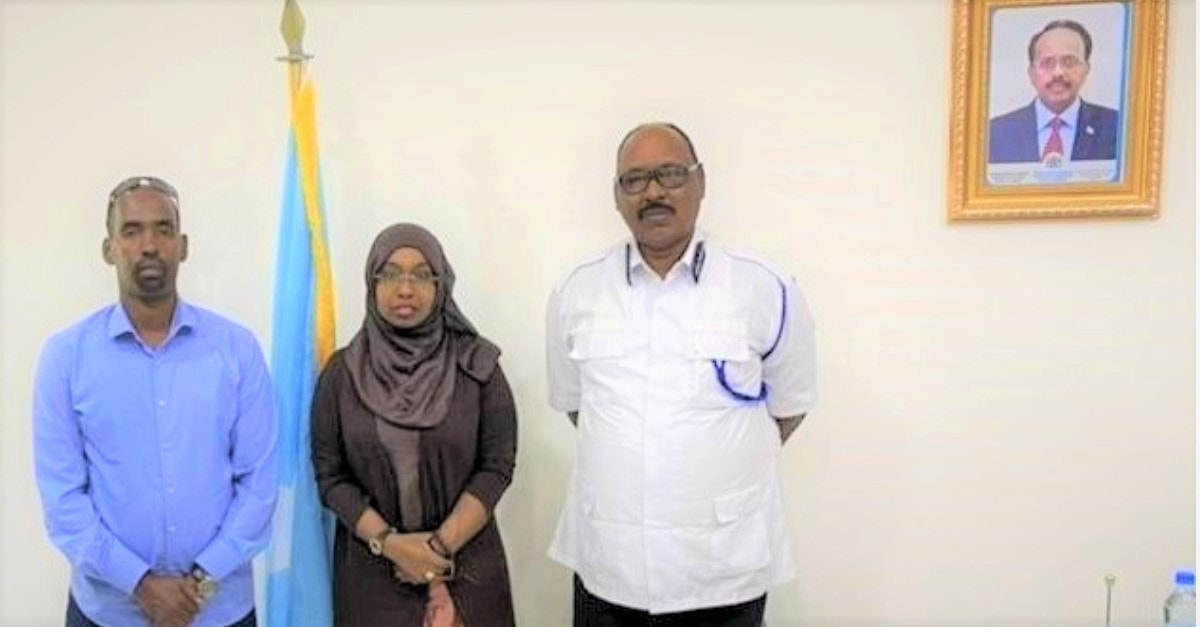
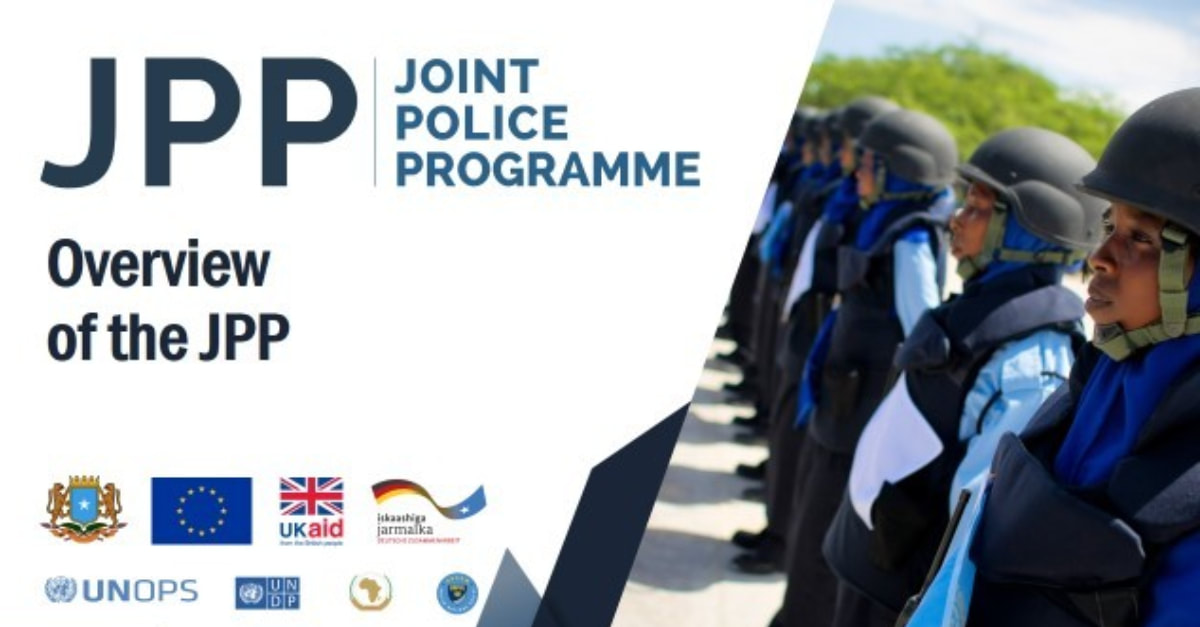
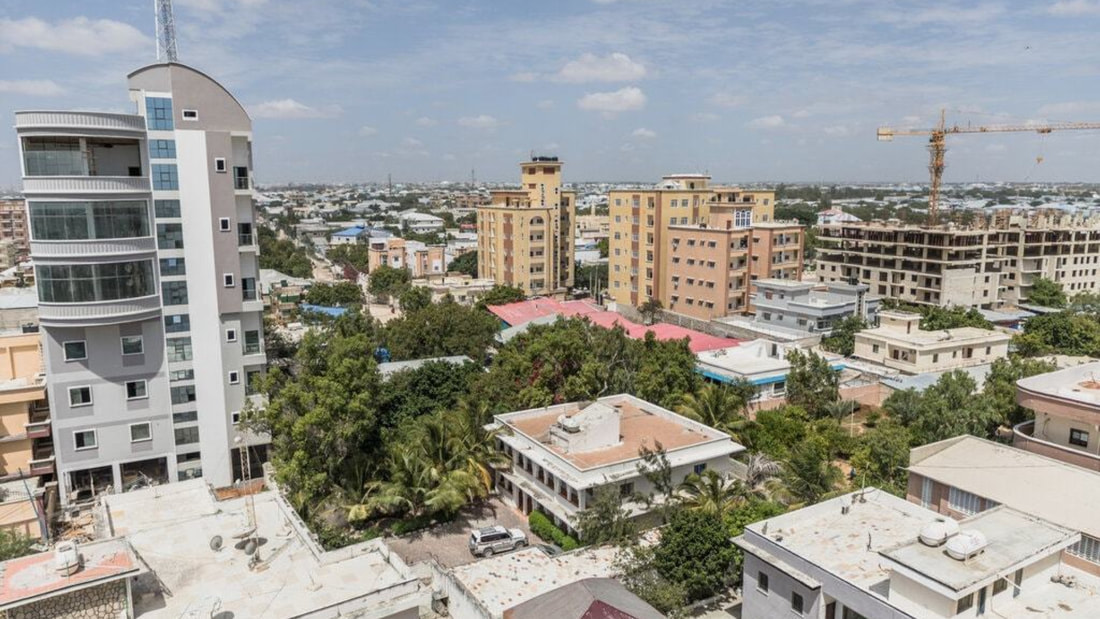
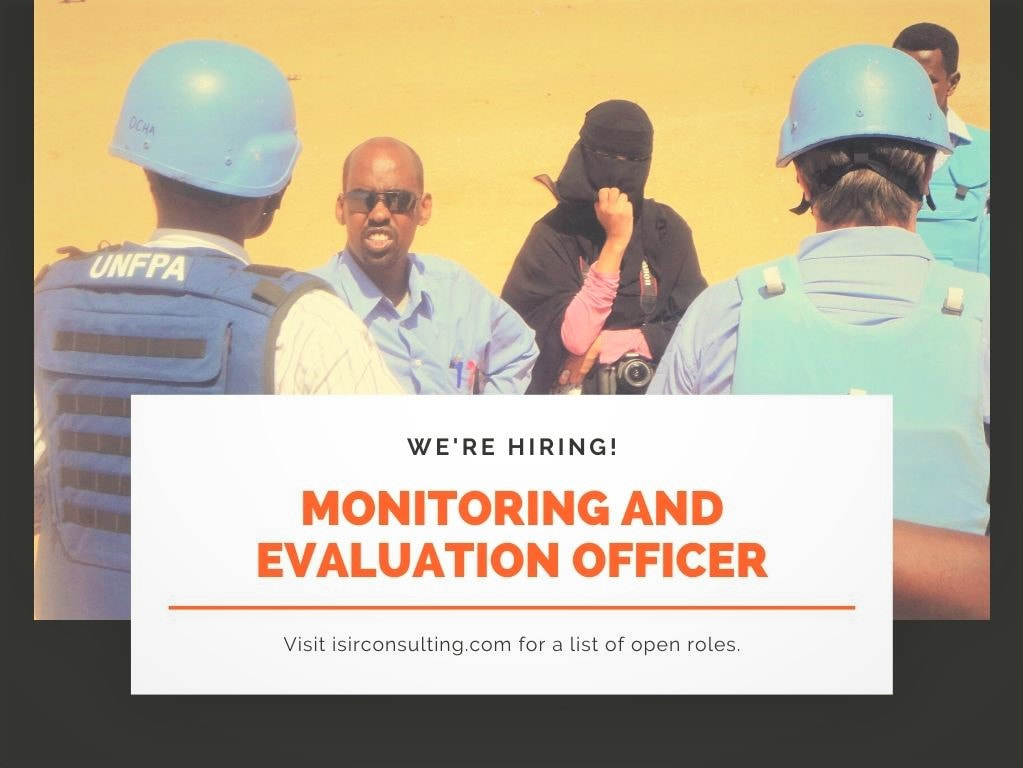

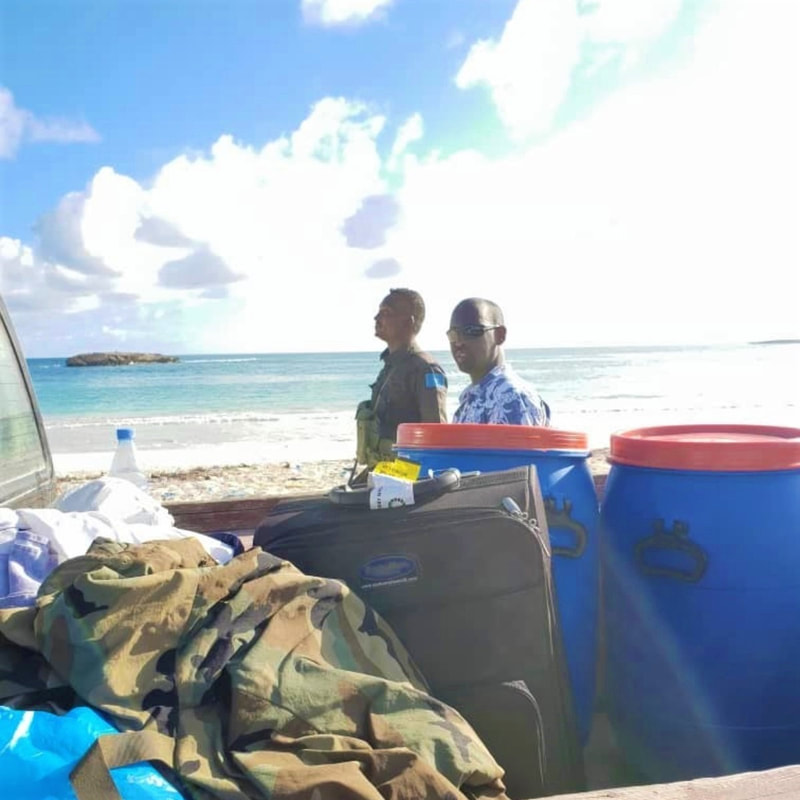
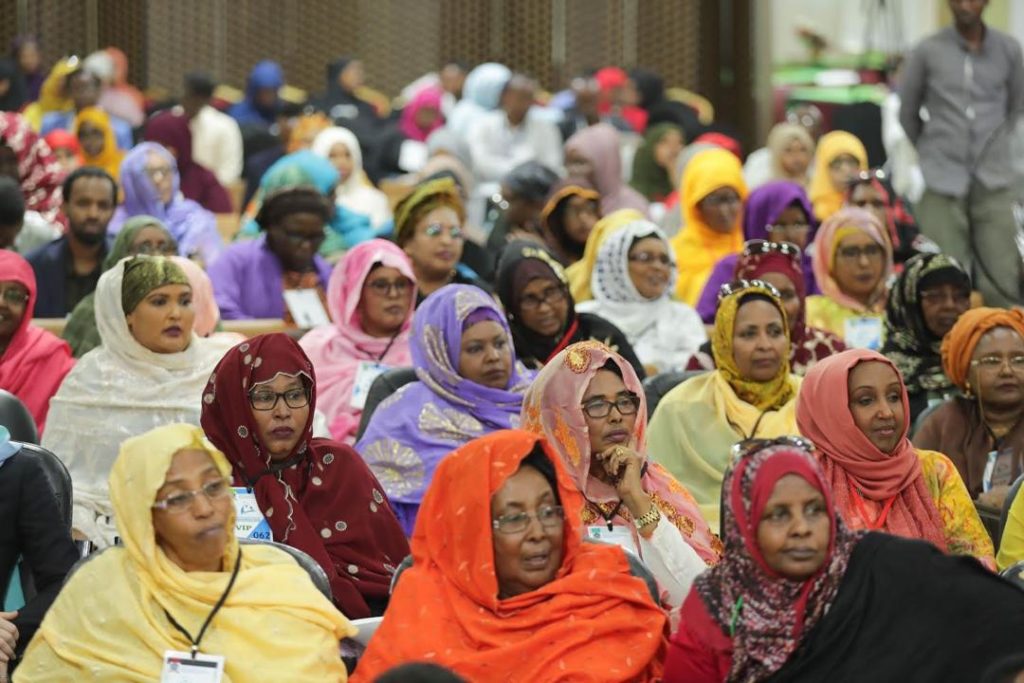
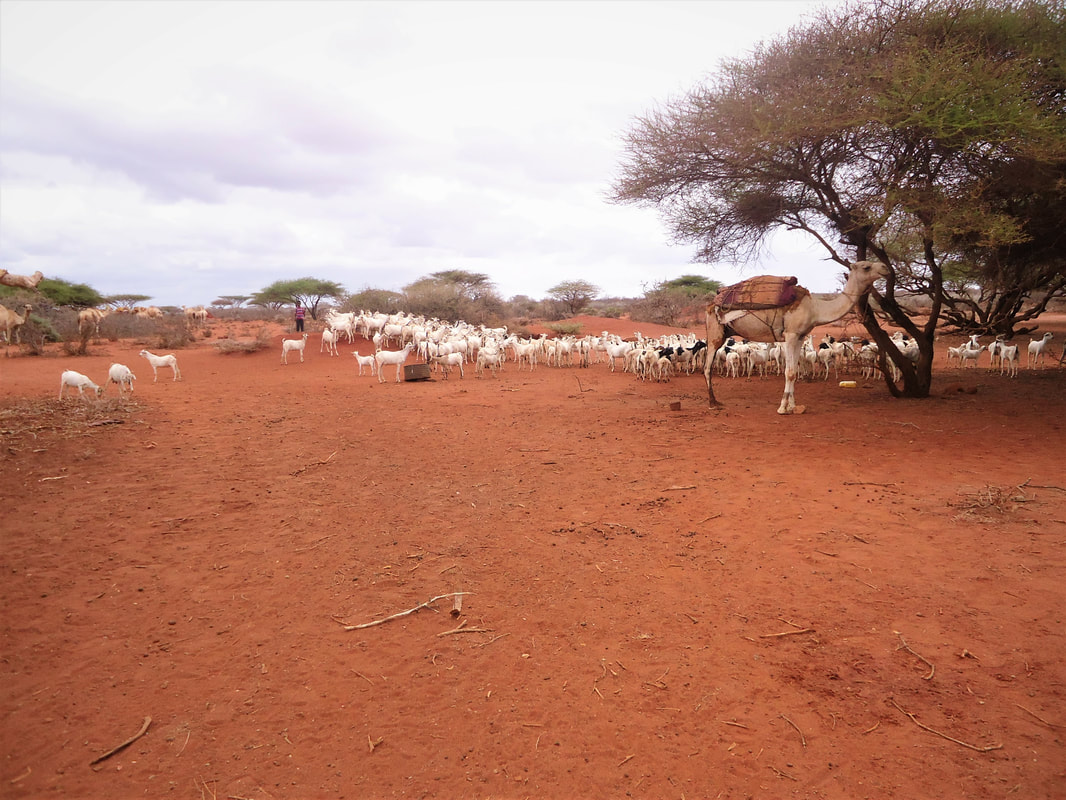
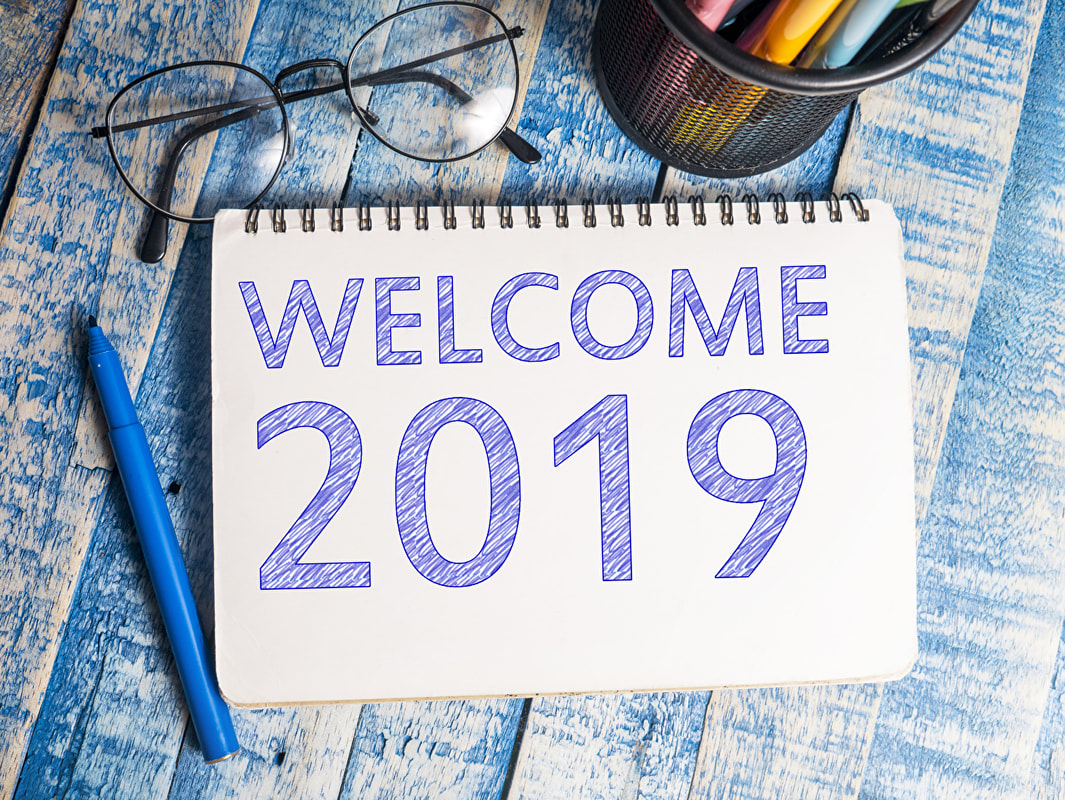
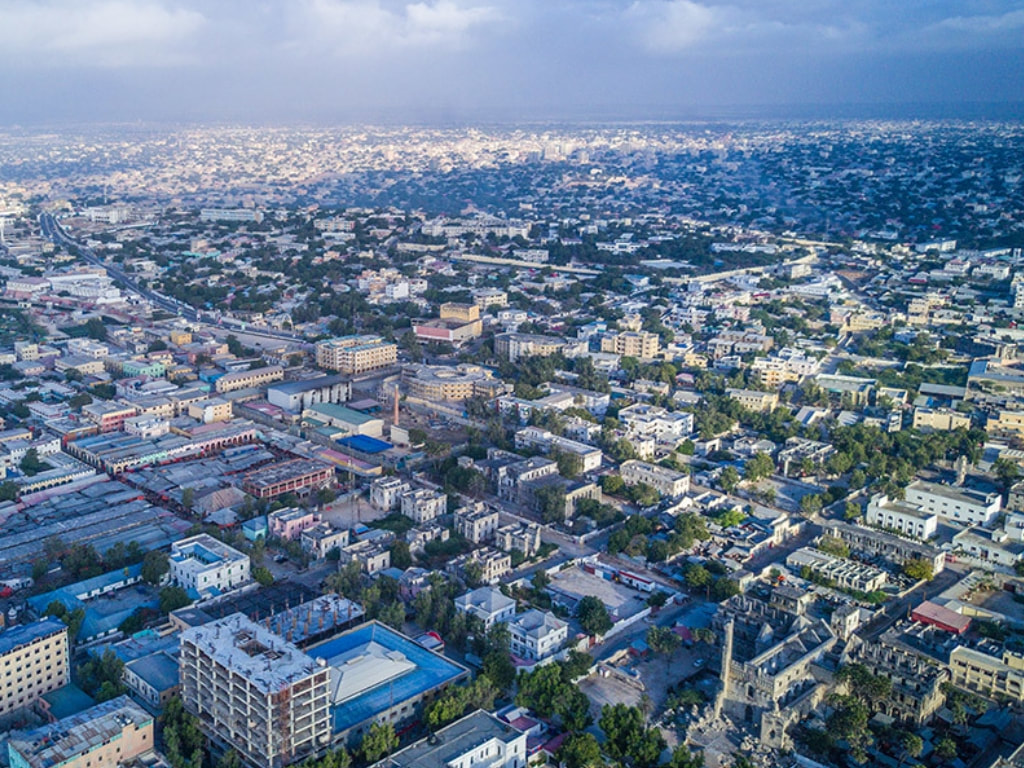
 RSS Feed
RSS Feed